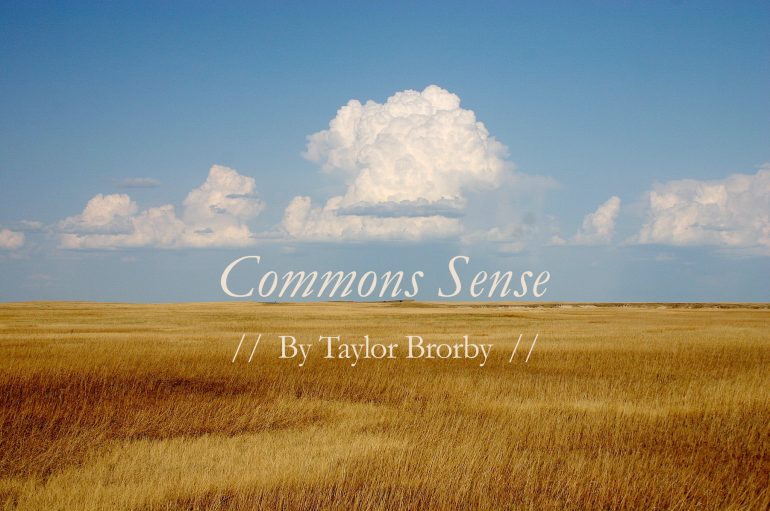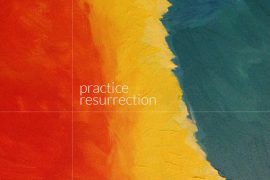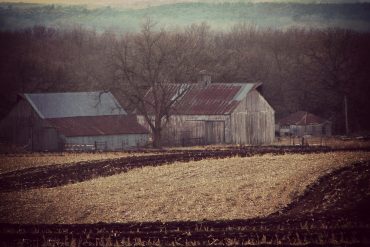The Importance of Words
There is a man at my former church whose prayers I relish. Most people pray for the church, the world, and the needs of others: This man prays for the specific, including things like wars between the United States Government and Native Americans, the internment of the Japanese in World War Two, and the human trafficking in the Bakken oil boom. White about the temples and often clad in tweed, this man gets to the root of reality and our place, as Mary Oliver says, in the family of things.
But recently, while attending church, one prayer of Paul’s stuck in my brain like a piece of pull candy:
And for ourselves, Dear Lord, we pray, because, after all, we are the most invasive of species.
This simple petition shifted my worldview.
[pullquote position=”right”]For ourselves, Dear Lord, we pray, because, after all, we are the most invasive species.[/pullquote]
For a number of years I have been traveling, thinking about consumerism, our consumption of the world’s resources, how to live more intentionally (which is to say better in relationship with others), and learning more about the importance of words. Paul’s words mattered to me that morning.
Snowballing an Inconvenient Truth
Kudzu House Press, an environmental press, labels itself, “Literature of an invasive species.” Why hadn’t I noticed this phrase before? Surely I must have stumbled across it in reading Wallace Stegner, Terry Tempest Williams, David Orr, or Bill McKibben. Yet for me, that morning, Paul’s prayer felt fresh and scrapped the wool away from my eyes: I am, perhaps, the most invasive creature the world has ever seen.
In my daily doings I take warm showers and turn on and off lights powered by coal, I ride the bus which relies on petroleum from faraway lands, and I buy food that requires more than sunlight and water to grow. I, by my very definition and actions, contribute to the destruction of the planet.
In his book The Nature of College, the historian James J. Farrell says, “We say we believe in conservation and efficiency, freedom and fairness, equity and justice. But what we do is who we are, and when we look honestly at our lives, we basically buy into different values. In practice, our operative values include cheapness and novelty, fun and fashion, comfort and convenience, ‘cool’ and conformity. When push comes to shove, we’d often rather look good than be good. We’d rather have ‘low, low prices’ than high environmental standards. So ‘the good life’ of American culture isn’t nearly as good as it needs to be for the people or the planet.”
Simplify, Simplify, Simplify
We tend to act good only if it feels good; we’d prefer to keep our money rather than give it away; we’d rather rely on the convenience of a personal car rather than the utility of public transportation.
But in a life of faith, rooted in relationship, there is an opportunity for growth. Peer pressure can be a good thing, and having challenging conversations can help us prune our branches of bias to help spur new growth. Often in American culture we believe that you cannot critique the oil industry since nearly every part of our lives is dependent upon petroleum–but this is narrow thinking. The books of Jeremiah, Isaiah, and the voice of God in the whirlwind in the book of Job rail against the received wisdom and supposed “common sense” of the day. With their strikingly true critiques of institutions, governments, and corporate thinking, these prophets, when set to our daily rituals and rhythms, might help us better go against the current of mainstream media, over-consumption on a finite planet, and continuing to invest in companies that make a profit by unmaking the world.
The book of proverbs states, “Happy is the [wo]man who finds wisdom and seeks understanding.” As we start to understand and better see our place in the ruin of God’s good creation, it seems that there is no other choice than to opt into an environmental relationship rather than opting out of a rich life with the entire planet.





